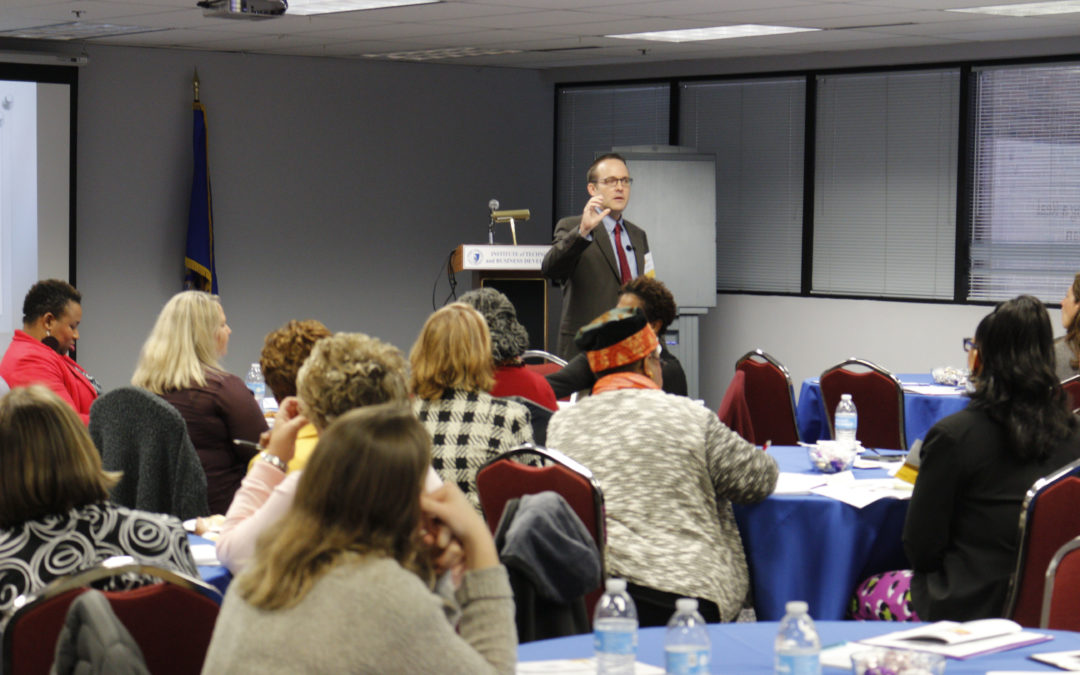The CCSU Continuing Education Blog
Top 5 Crossover Skills for Today’s Professional
Having a strong repertoire of transferrable skills - those that can be put to use in multiple work settings and contexts - is a great way to set yourself apart when pursuing professional opportunities. Although you may seek to move to a job that seems very different...
How to Use TED Talks to Enhance Continuing Education Programs
TED (Technology, Education, Design) Talks are brief videos, usually 4 to 10 minutes in length, that share ideas and information about a topic. These talks are typically engaging and high-interest for viewers and have many applications for continuing education. The...
The Value of Storytelling as a Learning Tool
People have used storytelling as a learning tool since the beginning of recorded history (at least). Before there were printed textbooks and computers and terrabytes of data about different learning styles, storytellers shared oral history with townspeople and passed...
6 Reasons HR Certified Employees are an Asset to Their Employers
Human resources has become a complex field requiring a great deal of knowledge. Becoming certified by the Society of Human Resources Management (SHRM) is an important step for HR professionals. Here are some reasons that HR certified employees become an asset to their...
What is Experiential Learning, and Why is it Beneficial?
“We do not learn from experience... we learn from reflecting on experience.” --John Dewey Experiential learning has gained prominence in recent years as an effective way for students to learn both inside and outside the classroom. Focused around students' experiences,...
Could You Be the One to Introduce GIS Technology to Your Company?
Geographical Information Systems have been around for a few decades, but their true potential is only now being realized. Initially, GISs were used to create maps and collect spatial data. After that process was established, users discovered that the systems could be...
How Adult Learners Can Fight the ‘Forgetting Curve’
The "forgetting curve" is the rate at which people typically forget new information they have learned, such as information taught to them in school. The 19th century researcher Herman Ebbinghaus developed the concept of the forgetting curve after he tested himself to...
6 Tips for Developing a Learning Culture at Work
There are many benefits to creating a learning culture in the workplace. When employees continually learn, their job performance improves, and they may even develop needed skills to advance to higher positions. Efficiency also increases, and employees may begin to...
How Emotional Intelligence Impacts Workplace Success
Emotional intelligence is the ability to know your own emotions as well as those of other people, evaluate them and manage them. Emotional intelligence rests in various personal characteristics like perseverance, self-control and interpersonal skills that enable you...

